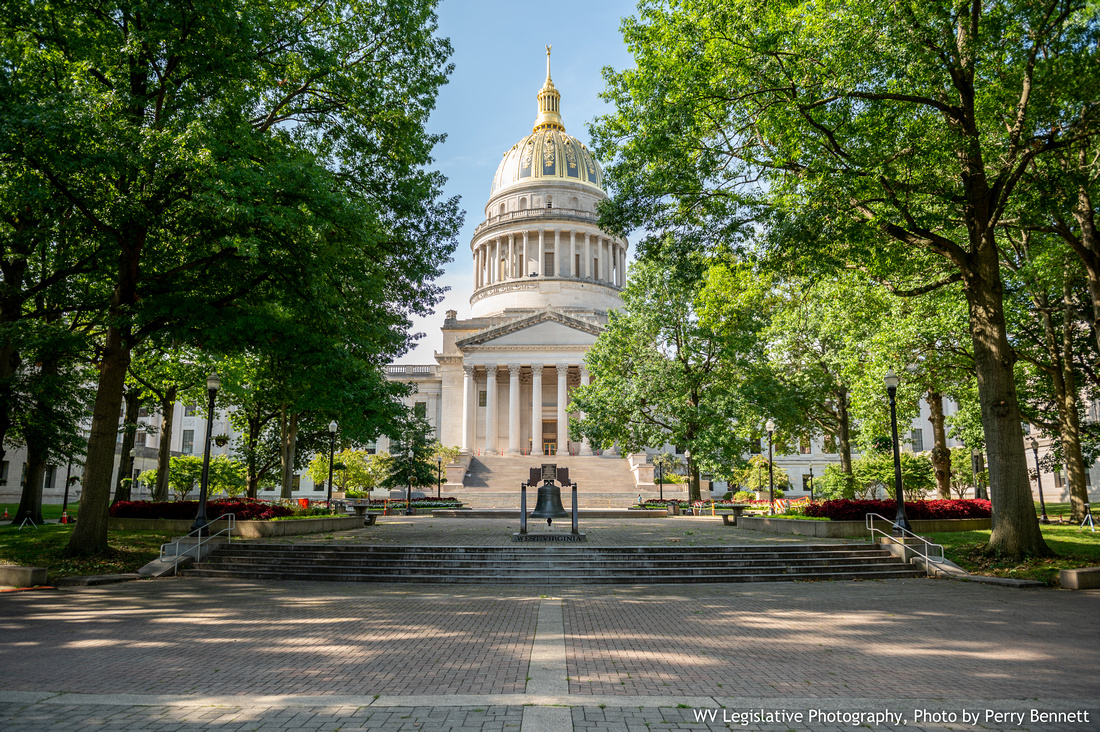The West Virginia Legislature returned to its special session Monday after introducing 44 bills in each chamber on Sunday. Both bodies sent a number of bills to their respective Finance and Judiciary committees for further consideration.
The House Finance Committee rejected an amendment to House Bill 122 from Del. Joe Statler, R-Monongalia, to include $6 million for the state’s Emergency Management Services coalition. He was told the governor’s call for $12 million was for fire departments only, and his amendment was not germane. Statler disagreed.
“How is it not germane when it’s an emergency services fund that we’re putting it in?” he said. “And EMS gets money out of the emergency services? Normally throughout the whole section, not this particular section, but to code and law.”
HB 122 was sent to the House floor.
House Bill 130 appropriates $2 million to the state Office of Technology for upgrades. Heather Abbott, information officer for the department, told the committee the upgrade highlights cybersecurity including hacker disaster recovery.
“The ability to make sure that if a hacker does get in, that all of our data is secure and we can get it back up and running as quickly as possible, is part of cybersecurity but not something that people think about because it’s not quite as flashy and shiny,” she said.
HB 130 was sent to the House floor.
The Senate Judiciary Committee took up several bills relating to the Department of Corrections and Rehabilitation. Senate Bill 1006 allows jails to provide inmates a state-issued identification upon release if the inmate’s own ID has expired or is set to expire within 30 days of release.
Sen. David Stover, R-Wyoming, noted that he had seen the problems arise when a recently released inmate didn’t have an ID.
“I spent 16 years as the circuit clerk in Wyoming County and I can recall at least eight or 10 instances when someone would be getting out, had a job opportunity waiting on them and didn’t have an ID,” he said. “We would scramble every way we could to help them get one. Sometimes we failed, and they simply didn’t get that job.”
Senate Bill 1007 and Senate Bill 1008 looked at the costs cities have to pay for incarceration and the conditions of pre-trial release respectively. All three bills were reported to the full Senate with the recommendation that they do pass.
The Senate Finance Committee looked at a number of bills as well including Senate Bill 1005 that includes pay raises for Division of Correction and Rehabilitation employees. Currently, the agency has 700 vacancies in corrections employees.
The West Virginia National Guard is currently filling in nearly 400 slots. The proposed pay raises would actually cost the less than filling the slots with the guard soldiers according to Corrections Commissioner Billy Marshall.
The full Senate suspended rules and passed all but seven of the pending bills still before the body. Each of those passed bills must still be approved by the House of Delegates and both chambers must agree to any changes.
The House of Delegates returned to work at 6:30 p.m. Monday evening.
